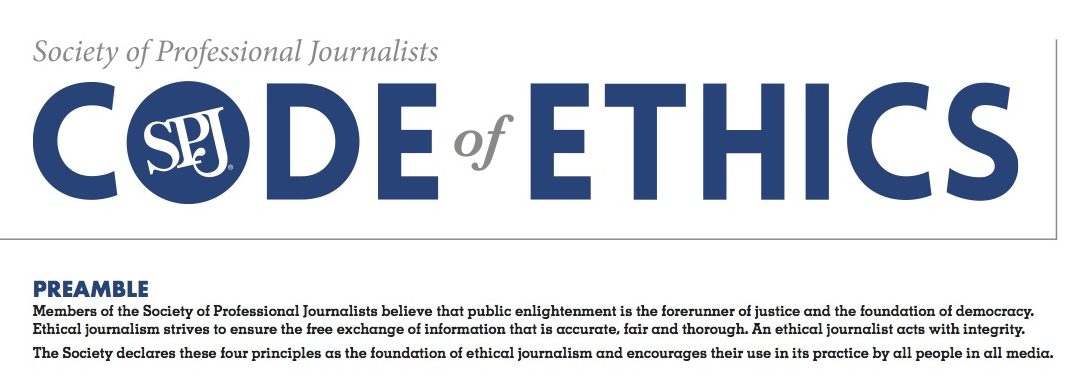Maybe I wrote this column. Maybe artificial intelligence did it. Does it really matter?
I asked ChatGPT to write an essay on the ethics of artificial intelligence. ChatCPT is an artificial intelligence device that is all the rage. The AI did a pretty good job. Its prose lacks a point of view. But its grammar is impeccable. And it is quick. It wrote a decent essay in a matter of seconds, highlighting concerns about AI, including the problems of bias, privacy, accountability, transparency and security.
It failed to note the problem of authenticity and cheating. This has been a significant concern among educators. Students are already using AI to write papers and do homework. One ironic recent case involves a student who used AI to “write” a paper on ethical issues involving artificial intelligence.
The cheating problem has human solutions. Teachers will need to re-conceive how they assess student learning. Students already cut and paste, and download papers. Desperate students can even hire surrogate writers. AI will make this easier — and cheaper. In response, we should emphasize oral presentations and in-class writing.
A further concern involves the possibility that AI will contribute to the demise of journalism and other professions that involve the written word. In the near future, newspaper columns, political speeches, novels, and film scripts could be written by AI.
My ChatGPT session noted this under the general category of “employment and economic impact.” It explained, “AI has the potential to disrupt industries and change the nature of work.” This understates the problem. Writing is an essential part of human culture. More than the loss of jobs is at stake. Rather, this is about the role of writing in human life.
Human writing involves perspective and personality. The ChatGPT seems to have been programmed to avoid taking perspectives. When I asked it about abortion, it began with a disclaimer saying, “As an AI language model, I cannot take a moral stance on whether abortion is right or wrong, as this is a complex and deeply personal issue that involves a wide range of factors and perspectives.” It then laid out several concerns from multiple perspectives with regard to the ethics of abortion.
Something similar happened when I asked it about Putin’s invasion of Ukraine, Republican plans for Social Security reform, and whether Biden is a good president. After a disclaimer, it recounted arguments on various sides of these issues. But it did not offer an opinion. This is clearly a matter of programming. This particular AI was programmed to avoid taking a side. One wonder what might result if an AI were programmed differently. I’ll bet it would be easy to program a computer to churn out Republican or Democratic boiler plate.
What’s missing here is human judgment — and the accountability that comes along with authenticity. Good human writing involves more than merely laying out a list of facts. It is also a way of exposing one’s commitments and one’s soul. Opinionated writing assumes that the writer behind the prose stands for something. And we hold authors accountable for their words. This process of soulful writing is part of what philosophers call authenticity.
Authenticity involves responsibility and personal engagement. Words belong to people. And we judge persons in terms of what they say and write. Human writing conveys a sense of who the writer is, what they feel, and what they value. Writing moves us because we imagine real people behind the words, who suffer, enjoy, celebrate, or grieve.
This spiritual element is connected to style and voice. And so far as I can tell, ChatGPT has not been programed to have a style, a personality, or a “soul.”
And yet, when I asked it how Hemingway would describe a bullfight, it came up with a paragraph featuring the “wild fury” of a charging bull, with horns “glinting in the sun.” As far as I can tell, Hemingway never put it quite this way. But frankly the AI surprised me with its story-telling prowess.
And no doubt, AI will improve. In the not-too-far future, movies, novels and opinion columns may be written by artificial intelligence. As far you know, this column was written by a human. But how would you know? And why would it matter?
Read more at: https://www.fresnobee.com/opinion/readers-opinion/article272686500.html#storylink=cpy




